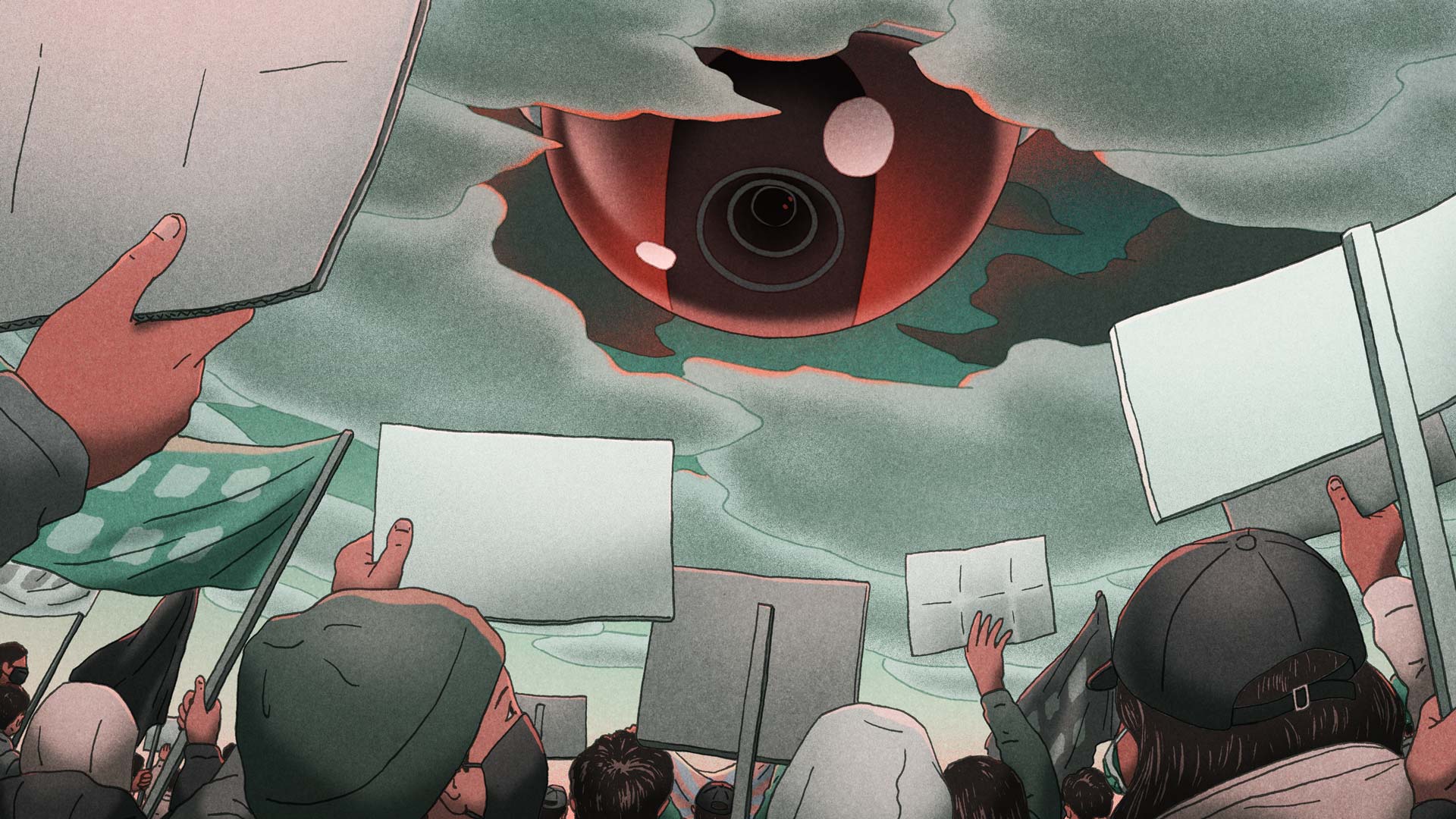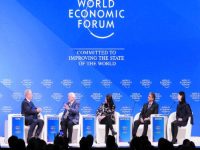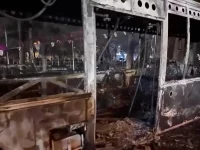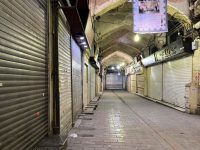Abuse. About the China Targets investigation

An ICIJ (International Consortium of Investigative Journalists) investigation exposes how Beijing abuses international institutions, including Interpol and the United Nations, to terrorize its critics and extend its repressive tactics worldwide.
China Targets is a cross-border investigation led by the International Consortium of Investigative Journalists that uncovers the sprawling scope and terrifying tactics of Beijing’s campaign to target regime critics living overseas.
The 10-month investigation also reveals how the United Nations has become a staging ground for China’s transnational repression under Xi Jinping’s regime — and how Chinese authorities abuse Interpol red notices for political ends.
ICIJ and 42 media partners interviewed 105 people in 23 countries who have been targeted by Chinese authorities in recent years for criticizing the government’s policies in public and privately. These individuals include Chinese and Hong Kong political dissidents as well as members of oppressed Uyghur and Tibetan minorities.
Reporters took extraordinary security measures to protect the identities of the victims — many of whom asked to remain anonymous for fear of retaliation against them or their families — and to corroborate evidence of the state-sponsored harassment.
ICIJ and its partners studied internal government documents, examined secret audio and video recordings of police interrogations, and pored over confidential U.N. and Interpol records, court filings and intelligence reports to analyze Beijing’s authoritarian reach.
Previously unseen Chinese government records spanning from 2001 to 2020, including an internal police textbook and confidential security guidelines, provided a unique glimpse into China’s playbook for cracking down on dissent.
These closely guarded documents detailed — in the Chinese authorities’ own words — how domestic security officers should identify and control targets. The security guidelines established a template for repression that Chinese authorities use today on victims overseas, ICIJ found.
Half of the 105 targets interviewed by ICIJ and its media partners stated that family members in China had been intimidated and interrogated by police or state security officials. Several said the intimidation came just hours after the targets had participated in protests or public events overseas.
Sixty of the victims believed they had been followed or were being surveilled in their adopted country. Twenty-two victims said they received physical threats or were assaulted by civilians who openly supported the Chinese Communist Party (CCP). Nineteen said they had received suspicious emails or experienced hacking attempts, including by state actors.
Previous ICIJ investigations exposed Beijing’s repressive policies against Muslim minorities inside China — part of the government’s sweeping program of mass surveillance and population control. China Targets documents how, under Xi, authorities have exported and expanded some of those repressive tactics, in an effort to neutralize individuals perceived as threats to national security even though they are outside the country’s borders.
Do you have a story about corruption, fraud, or abuse of power?
ICIJ accepts information about wrongdoing by corporate, government or public services around the world. We do our utmost to guarantee the confidentiality of our sources.
The disarming effect of this state-sponsored intimidation is so powerful that many activists and ethnic minorities overseas have stopped their advocacy, fearing their families back home could be harmed or imprisoned.
ICIJ discovered that not even Geneva — which the United Nations calls the “capital of peace” due to its role as the European headquarters of the U.N. and international organizations dedicated to diplomacy and human rights — was beyond the Chinese government’s frightening reach.
Human rights activists and lawyers told ICIJ they had been surveilled, harassed or intimidated by people they believe to be Chinese diplomats or government proxies, including delegates from nongovernmental organizations. The U.N. grants thousands of NGOs “consultative status” — offering the groups certain privileges with the expectation that they act without government interference. But an ICIJ analysis of 106 such NGOs from mainland China, Hong Kong, Macau and Taiwan revealed that 59 are closely connected to the Chinese government or the Communist Party.
Chinese authorities also abuse Interpol, the world’s largest mechanism for police cooperation, ICIJ and its partners found. Through Interpol, China pursues dissidents, powerful businesspeople and Uyghur rights advocates, in apparent violation of Interpol’s rules. Many targets discovered they were wanted only after being stopped at a border control.
China Targets reveals the scope of China’s crackdown on protesters during Xi Jinping’s foreign travels. During at least seven of Xi’s 31 overseas visits between 2019 and 2024, local law enforcement infringed on dozens of protesters’ rights to shield the Chinese president from dissent, detaining or arresting activists, often for spurious reasons. In the cases ICIJ analyzed, the campaign to silence opponents of the Communist Party appears to have involved local law enforcement in host countries, revealing the extent to which China wields its political and economic power to pressure foreign governments and institutions to bend to its will.










